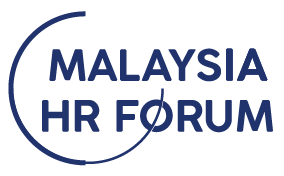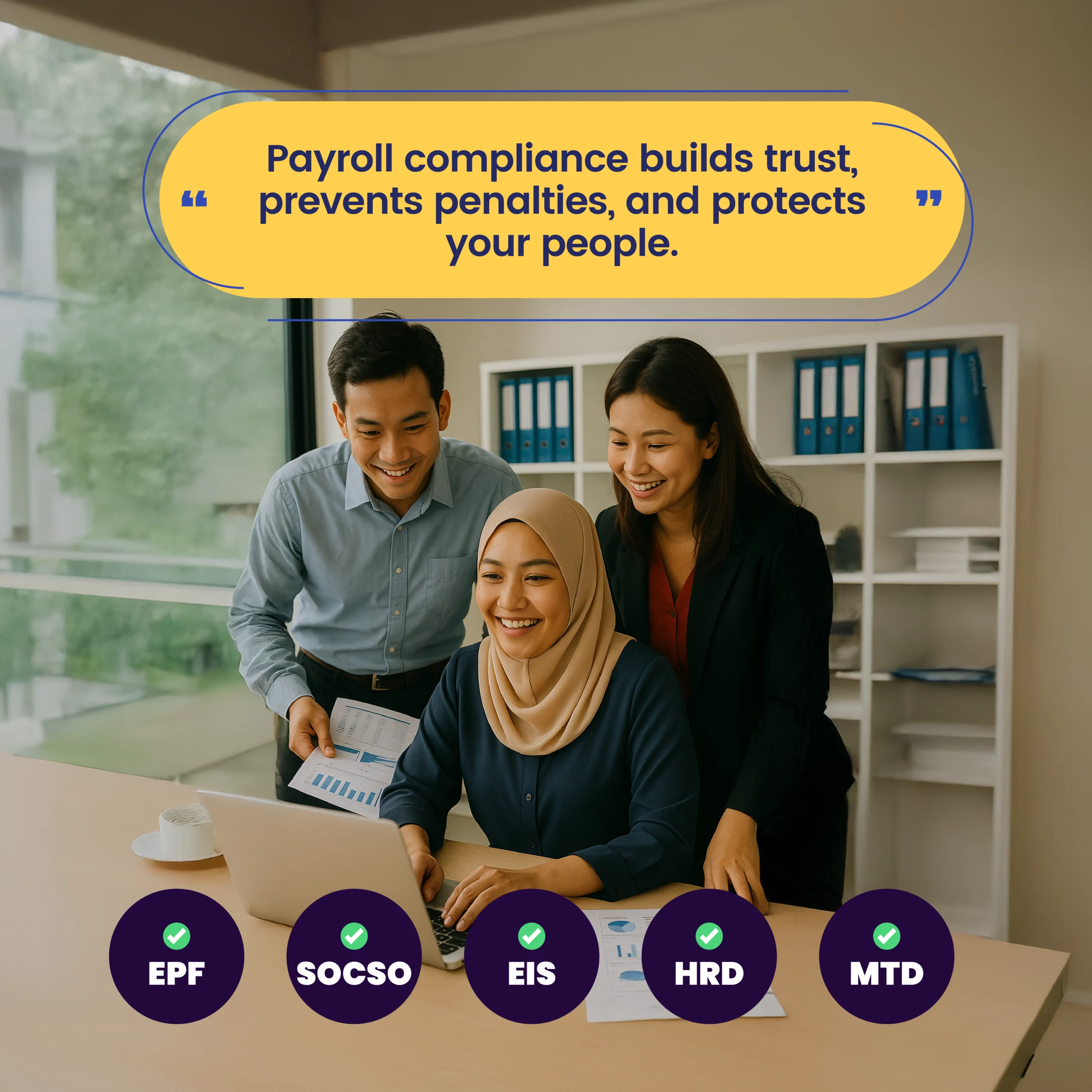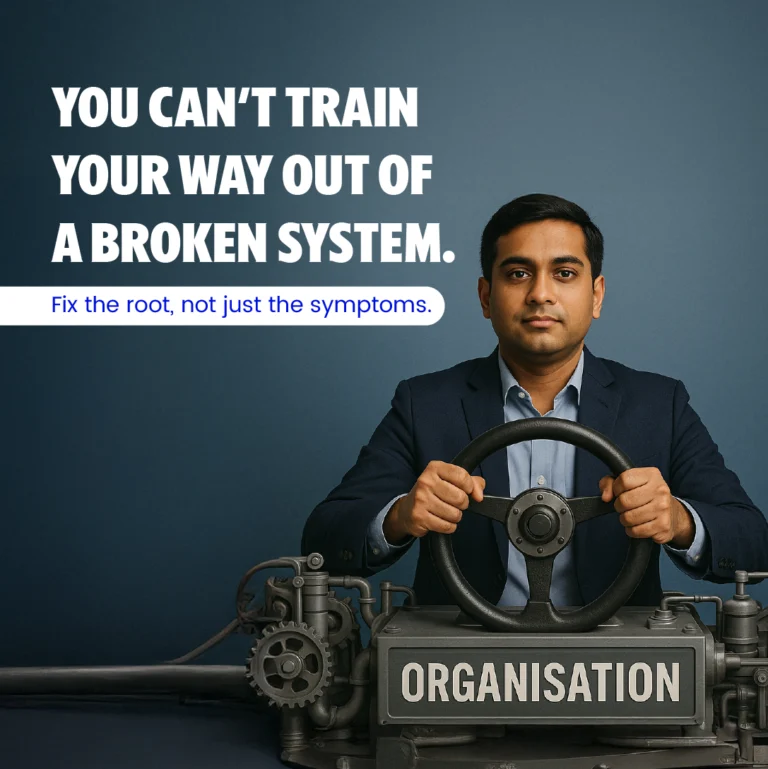Payroll compliance is more than just paying employees on time. Instead, it is about ensuring every salary, deduction, and contribution follows Malaysia’s laws and regulations. Failing to comply can result in penalties from the Inland Revenue Board Malaysia (IRBM), disputes with employees, and reputational damage for your business.
In this guide, we will explore the fundamentals of payroll compliance in Malaysia, including statutory requirements, common challenges, and practical steps to stay compliant. Moreover, we will show you how professional training can help your HR and finance teams master payroll processes with confidence.
What Is Payroll Compliance?
Payroll compliance refers to the process of managing employee salaries, tax deductions, and statutory contributions in accordance with government laws and regulations. In Malaysia, this includes:
- Monthly Tax Deductions (MTD or PCB) under the Income Tax Act 1967
- Employee Provident Fund (EPF) contributions
- Social Security Organisation (SOCSO or Perkeso) payments
- Employment Insurance System (EIS) contributions
- Human Resource Development (HRD) levy payments where applicable
- EA Form preparation and e-filing for annual tax submissions
Therefore, ensuring payroll compliance means your organisation is not only paying employees correctly but also meeting its legal obligations.
Key Payroll Compliance Requirements in Malaysia
1. Income Tax and MTD (PCB)
Employers must calculate and deduct the correct amount of tax from employees’ monthly salaries. This can be done using computerised payroll systems or the Schedular Tax Deduction table provided by IRBM. However, errors in MTD can result in penalties and additional charges.
2. EPF Contributions
The EPF is a compulsory savings plan for employees. Employers must contribute the correct statutory percentage each month and ensure timely submission to the Employees Provident Fund Board.
3. SOCSO and EIS
SOCSO provides social security protection, while EIS offers financial support to employees facing job loss. Consequently, employers must register, deduct, and contribute accurately according to employee salary levels.
4. HRD Levy
Applicable to companies in specific sectors, the HRD levy funds training and development programs. Employers must first determine if they fall under HRD Corp requirements and then make the necessary contributions.
5. EA Form Preparation and E-Filing
Employers are responsible for issuing EA forms to employees by the end of February each year. These forms summarise total annual income, tax deductions, and benefits-in-kind. Timely and accurate EA preparation ensures smooth e-filing for employees and prevents disputes during income tax season.
6. Expatriate Taxation
Employers with foreign employees must comply with expatriate tax rules, including notifying IRBM when an expatriate is leaving Malaysia and submitting Form CP21. Otherwise, companies may face penalties for unsettled taxes.
Common Payroll Compliance Challenges
Even with digital payroll systems, compliance errors still occur. For example, businesses may face:
- Misclassifying employees and contractors
- Incorrect computation of overtime, bonuses, and benefits-in-kind
- Delayed or incomplete statutory submissions
- Misinterpretation of tax exemptions and allowances
- Lack of knowledge about updates in labor and tax laws
- Mistakes in EA form preparation leading to employee tax filing issues
- Limited expertise in handling expatriate taxation and tax clearance requirements
As a result, businesses that fail to address these issues risk fines, audits, and dissatisfied employees.
How to Ensure Payroll Compliance
To reduce risks and strengthen your payroll process, businesses should adopt these best practices:
- Stay Updated: Monitor changes in tax and employment laws through official sources such as IRBM and SOCSO.
- Use Reliable Payroll Systems: Invest in software that automates calculations, tracks contributions, and generates compliant reports.
- Maintain Proper Records: Keep detailed payroll documentation for at least seven years to meet audit requirements.
- Conduct Regular Training: Equip your HR and finance teams with the knowledge to handle compliance confidently.
In addition, seeking external payroll training can provide structured learning and real-world examples to prevent costly mistakes.
Payroll Compliance Training in Malaysia
For HR and finance professionals, practical training is key to mastering payroll compliance. The Malaysia HR Forum (MHRF) offers several specialized programs:
- Payroll and Tax Computation (1 Day)
Learn to compute MTD accurately, understand implications of allowances, and avoid penalties. - Mastering Payroll Administration (2 Days)
Covers EPF, SOCSO, EIS, HRD levy, and reporting requirements, with hands-on case studies. - Certified Payroll Professional (CPP)
A recognized designation combining payroll administration, tax computation, expatriate taxation, and EA form preparation.
Moreover, these programs enhance career opportunities while strengthening company compliance.
FAQ on Payroll Compliance
Q1: What happens if my company fails payroll compliance?
You may face fines, back payments, employee disputes, and audits from regulatory bodies such as IRBM and SOCSO.
Q2: Can payroll software guarantee compliance?
Payroll software helps minimise errors. However, compliance still depends on proper data input and understanding of regulations.
Q3: Who should handle payroll compliance in a company?
Typically, HR managers, finance managers, or payroll executives are responsible. Nevertheless, all employers should have oversight.
Q4: How should employers handle expatriate taxation?
Employers must notify IRBM when an expatriate is leaving Malaysia and settle any outstanding tax via Form CP21. Otherwise, penalties may apply.
Stay Ahead with Payroll Compliance
Payroll compliance is not just a legal requirement it is also a foundation for employee trust and business credibility. By mastering tax deductions, statutory contributions, EA form preparation, and expatriate taxation, your company avoids penalties and builds stronger HR systems.
Therefore, if you want to strengthen your team’s payroll compliance expertise, explore the Certified Payroll Professional program and other payroll courses at Malaysia HR Forum.
Take the next step today and equip your HR and finance teams with the skills to ensure seamless payroll compliance.









